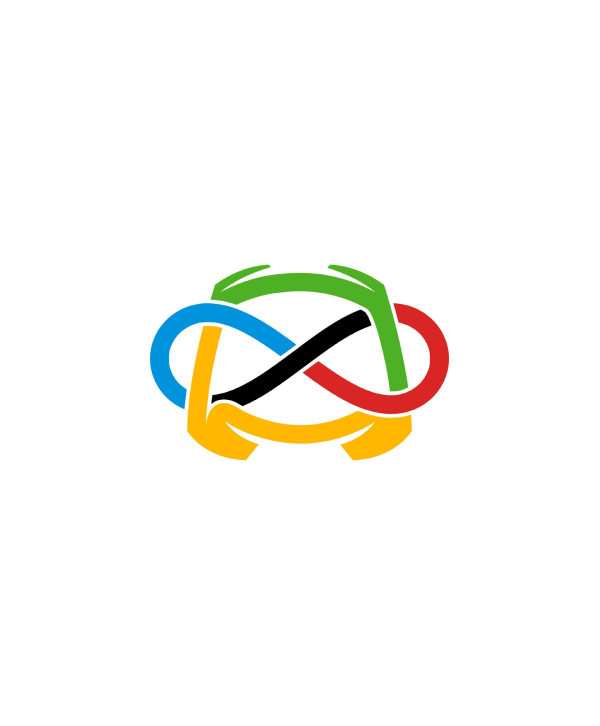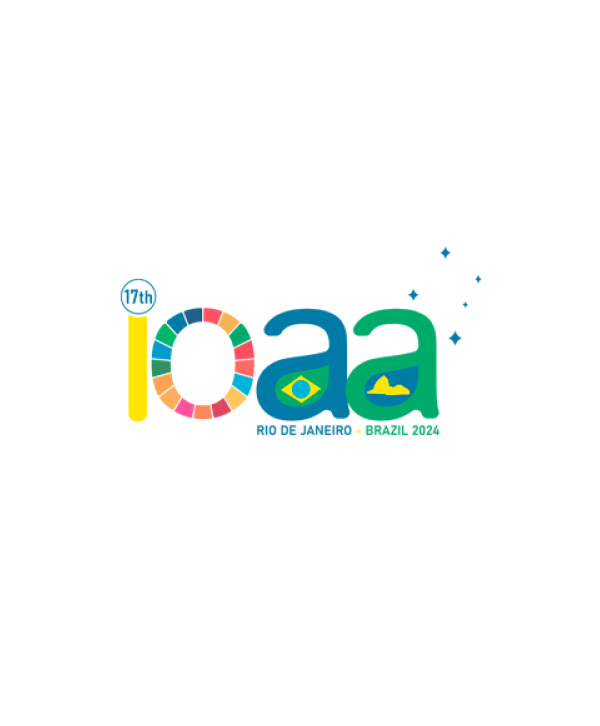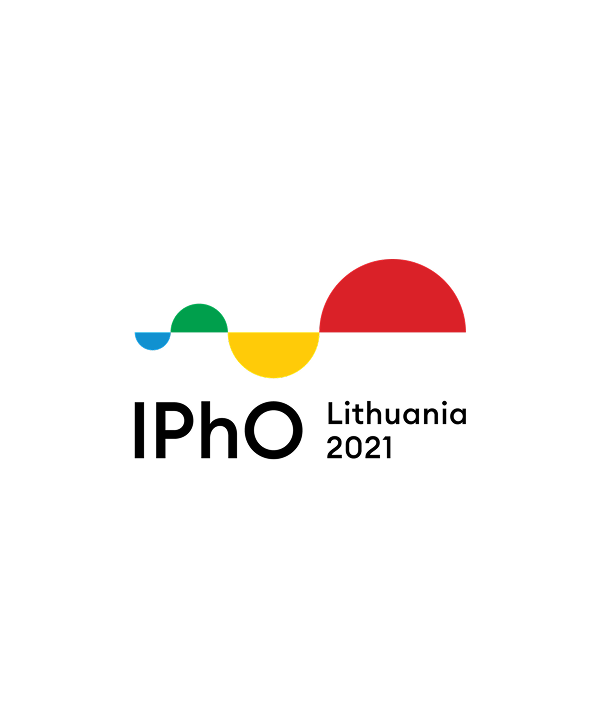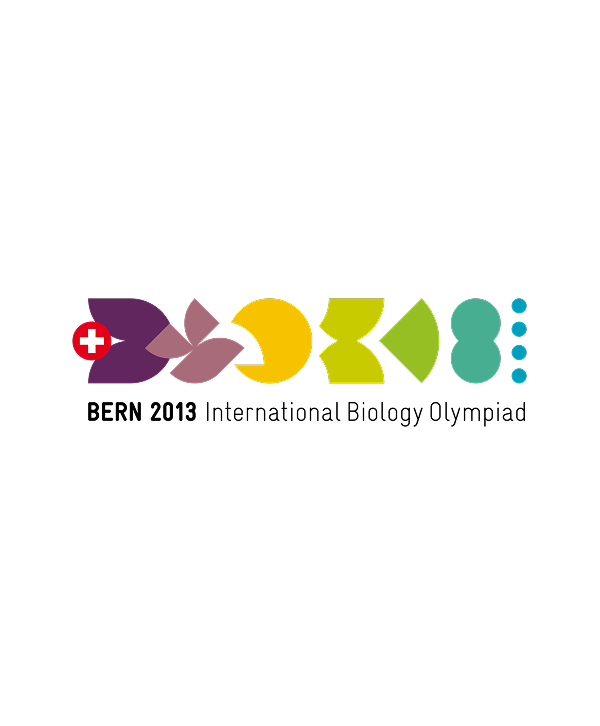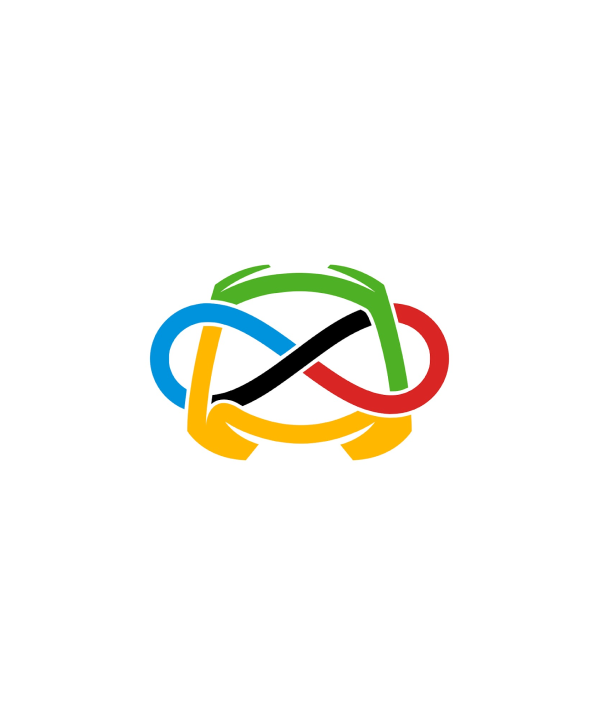Competing in a Math Olympiad is a thrilling challenge that pushes the boundaries of your mathematical abilities. It is a celebration of logical thinking and problem-solving skills rather than merely assessments. They help you create a basis for further study in mathematics and related subjects, educate you on how to approach issues creatively, and cultivate tenacity.
Whether you’re aiming for a school-level competition or the prestigious International Mathematical Olympiad (IMO), the journey requires strategic preparation, persistence, and passion.
Here’s a guide to help you:
Understanding The Basics
Gaining a solid understanding of algebra, geometry, number theory, and combinatorics forms the basis of your training. In addition to concentrating on the subtopics of the given topics, such as properties of triangles and circles, advanced theorems like Ceva's and Menelaus's, linear equations, quadratic equations, inequalities, and sequences. Other essential subjects to properly comprehend include probability, permutations, combinations, modular arithmetic, prime numbers, divisibility laws, and diophantine equations.
The majority of Olympiad issues revolve around these subjects. Advanced difficulties are difficult to solve without a solid understanding of them.
Being Familiar With Advanced Topics
After mastering the fundamentals, one must advance to increasingly difficult topics, including advanced geometry, functional equations, inequality, and graph theory. Learn how to solve and manipulate triangle inequalities, AM-GM, Cauchy-Schwarz, and functional relationships.
Learn the fundamentals of graph features and uses. Examine inversion, homothety, and other transformations. Great resources include books like Titu Andreescu's "Mathematical Olympiad Treasures" and Arthur Engel's "Problem-Solving Strategies."
Solve Past Problems
Solving previous Olympiad issues is one of the finest methods to get ready. This aids you:
- Learn about the many types of questions.
- Identify recurring trends and approaches to problem-solving.
- Gain confidence by practicing regularly.
A significant collection of previous problems can be found on websites such as the official IMO archive and Art of Problem Solving (AoPS).
Make Use of Suggested Resources
The following are excellent resources to help you get ready:
- “The Art and Craft of Problem Solving” by Paul Zeitz.
- “Mathematical Circles” by Dmitri Fomin.
- “An Excursion in Mathematics” by Bhaskaracharya Pratishthana.
Online Platforms:
- Art of Problem Solving (AoPS): Courses, books, and community.
- Brilliant.org: Interactive lessons and problems.
- YouTube channels like 3Blue1Brown and Numberphile for conceptual insights.
Attempting Mock Tests
The ability to replicate the real exam setting is revolutionary. Frequent practice exams:
- Assist you in efficiently managing your time and stress
- Expose you to a wide range of issues.
- Emphasize your areas of strength and growth.
Learning Time Management
Olympiads have time constraints, therefore effective problem-solving is essential. Here are some pointers:
- Start with issues that you are comfortable handling.
- Set aside time for each problem according to its level of complexity.
- Don't spend too much time on one question at a time; instead, go on and return later.
- To replicate the real competition setting, time yourself.
Consistency Is Key
The secret to success in any Olympiad is consistency. Set aside a specific amount of time each day to practice. An organized scheme could resemble this:
- 1 hour for revising concepts.
- 1 hour for solving problems.
- 30 minutes for reviewing past mistakes.
Lastly, keep in mind that a sharp intellect requires sleep. Keep up a healthy schedule that includes enough sleep, exercise, and downtime to rejuvenate.
Math Olympiads test your ability to persevere as much as your understanding. Although success doesn't happen right away, you can accomplish amazing things if you are committed and enjoy solving problems. Accept the difficulties, take pleasure in the journey, and follow your curiosity.
